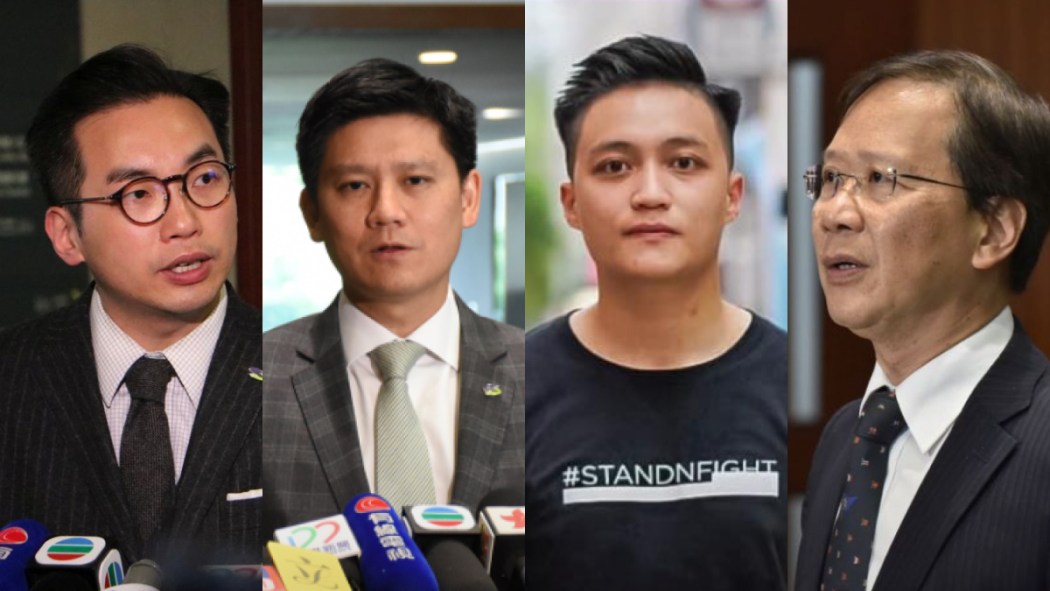Hong Kong’s Civic Party, which was once the city’s second-largest pro-democracy party, has officially shut down after 18 years – joining dozens of other civil society groups which folded in the wake of a Beijing-imposed national security law.

Members of the Civic Party – nicknamed “the barristers’ party” – voted last May to dissolve it amid a leadership vacuum. No members came forward to stand for positions on its executive committee.
The party conducted a six-month voluntary winding-up process, clearing its headquarters. On Wednesday its listing in the companies registry was cancelled.
Chairperson Alan Leong, a senior counsel, told local media the move symbolised the party was “disappearing once and for all.” He said it was difficult to assess the possible legal risks facing the party even after its disbandment.
Following the Beijing-imposed national security law in June 2020, the opposition group saw three members detained for allegedly conspiring to commit subversion. A former lawmaker was listed as a most wanted fugitive for allegedly endangering national security.
Founded on March 19, 2006, by core members of an electoral reform advocacy group, the Civic Party was once the second largest opposition party in the legislature.
See also: The final days of Hong Kong’s opposition Civic Party – jailed, unseated, exiled
Its founding members – including Leong, Margaret Ng, Audrey Eu, and Ronny Tong – were lawyers and elected lawmakers. Some of the city’s most prominent politicians were from the Civic Party.
But former party leader Alvin Yeung, and ex-members Kwok Ka-ki, Jeremy Tam, and Lee Yue-shun are among the 47 democrats accused of conspiring to commit subversion. Lee has been the only of the four to be granted bail, as defendants in the high-profile trial await verdicts or sentencing. Yeung, Kwok, and Tam have been remanded in custody since March 2021 along with many other defendants in the case.
In July last year, national security police issued an arrest warrant for US-based Dennis Kwok, a former Civic Party lawmaker, offering a HK$1 million bounty for his arrest. Police alleged that Kwok had supported foreign sanctions against China and the city.

The Civic Party’s dissolution is a further blow to Hong Kong’s faltering pro-democracy movement. Dozens of civil society groups – including the Civil Human Rights Front and the Hong Kong Confederation of Trade Unions – disbanded in the wake of the 2020 security law.
Explainer: A history of Hong Kong’s pro-democracy Civic Party
Leong last May thanked “all liked-minded people” who joined the party’s “long walk to democracy for different parts of the journey” in a statement after the decision to dissolve.
Even though democracy had “yet to be accomplished,” Leong said at the time, he hoped “the concepts of accountability and open government have been adequately introduced to the people.”
Support HKFP | Policies & Ethics | Error/typo? | Contact Us | Newsletter | Transparency & Annual Report | Apps
Help safeguard press freedom & keep HKFP free for all readers by supporting our team

LATEST FROM HKFP
HKFP has an impartial stance, transparent funding, and balanced coverage guided by an Ethics Code and Corrections Policy.
Support press freedom & help us surpass 1,000 monthly Patrons: 100% independent, governed by an ethics code & not-for-profit.










